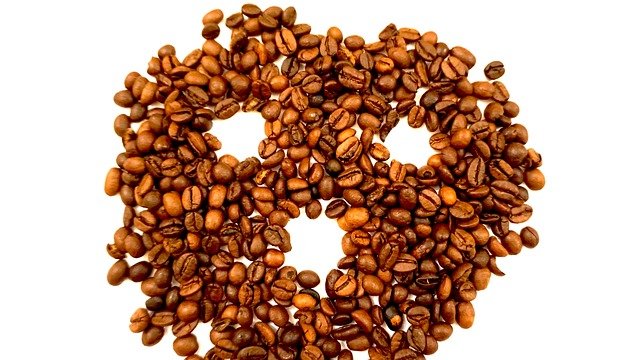While addressing class, studying for tests, and carrying a social life outside of college, you may realize yourself in need of an occasional energy boost. So, what’s your go-to source of energy: coffee or an energy drink. Let’s compare them both in a coffee vs. energy drinks contest.
Coffee vs. Energy Drinks: A Differentiation?
A typical cup of coffee has minor calories. An energy drink, contrarily, has considerably more calories. While this may sound like a win for energy drinks, the opposite is true. It is because healthy calories are more beneficial for the body than unhealthy calories. And energy drinks consist mainly of unhealthy calories, while coffee contains healthy calories.
The Case for Coffee
The effects of coffee are more researched than energy drinks.
- Natural and has little to no additives.
- It contains healthy nutrients such as vitamins B2 and B5, potassium, niacin, and magnesium.
- No calories
- Strengthened or weakened according to taste
The Case for Energy Drinks
Energy drinks have become increasingly popular in recent years.
- Provide a high dose of energy in a short period
- It is also easy to consume them anywhere and do so quickly
- Contain high amounts of sugar, preservatives, additives, flavorings, and even dyes
How Much Caffeine is in Each Beverage?
Caffeine stimulates our brains and makes them more active by providing energy. It is what results in an energy boost.
Coffee
A regular cup of coffee (8 oz) will contain 95mg of caffeine. An average adult can consume up to 400gm of coffee per day while staying healthy.
Energy Drink
The caffeine in energy drinks ranges from brand to brand. However, one of the most popular energy drink brands ‘Red Bull’ has 80gm of caffeine in its regular serving size. It means that coffee will typically contain more caffeine and will provide a more considerable caffeine boost.
Sugar Content: Coffee Vs. Energy Drink
Coffee
Coffee originally is sugar-free. However, different people add different amounts of sugar to their coffee as per their taste. You can adjust the sweetness of your coffee according to your taste, as well as your sugar intake.
Energy Drinks
Again, using Red Bull as an example, a regular can of energy drinks contains around 27gm. Of sugar. It works out to 5 teaspoons of sugar, which does exceed a healthy daily amount.
What are the Drawbacks of Each Beverage?
Coffee
Coffee can cause high blood pressure and a higher heart rate, jitters, and sleeplessness if you drink too much. Other common problems include heart diseases and osteoporosis.
Energy Drinks
Energy drinks can cause the same side effects as coffee, as they also contain caffeine. Mixing energy drinks with alcohol can cause dehydration and even lead to alcohol poisoning. By having an energy drink with alcohol, you are dulling the effect of alcohol on the body.
Conclusion: Is There a Conqueror?
Keeping in view that it has less sugar and possesses natural vitamins, coffee seems like a healthier option. The only benefit that energy drinks have over coffee is that it can be more favorable to drink swiftly on the go. Besides that, coffee wins in every other category. Resultantly, the winner is coffee!
It is not to say that you should never enjoy an energy drink, but rather that you’d probably want to avoid consuming an unhealthy amount. The same is true for coffee, as coffee can also have adverse side effects when you drink excessively.
While in need of an energy booster, coffee vs. energy drinks, whichever beverage you choose, ensure that you do so in restraint and enjoy a healthy balanced diet.


























